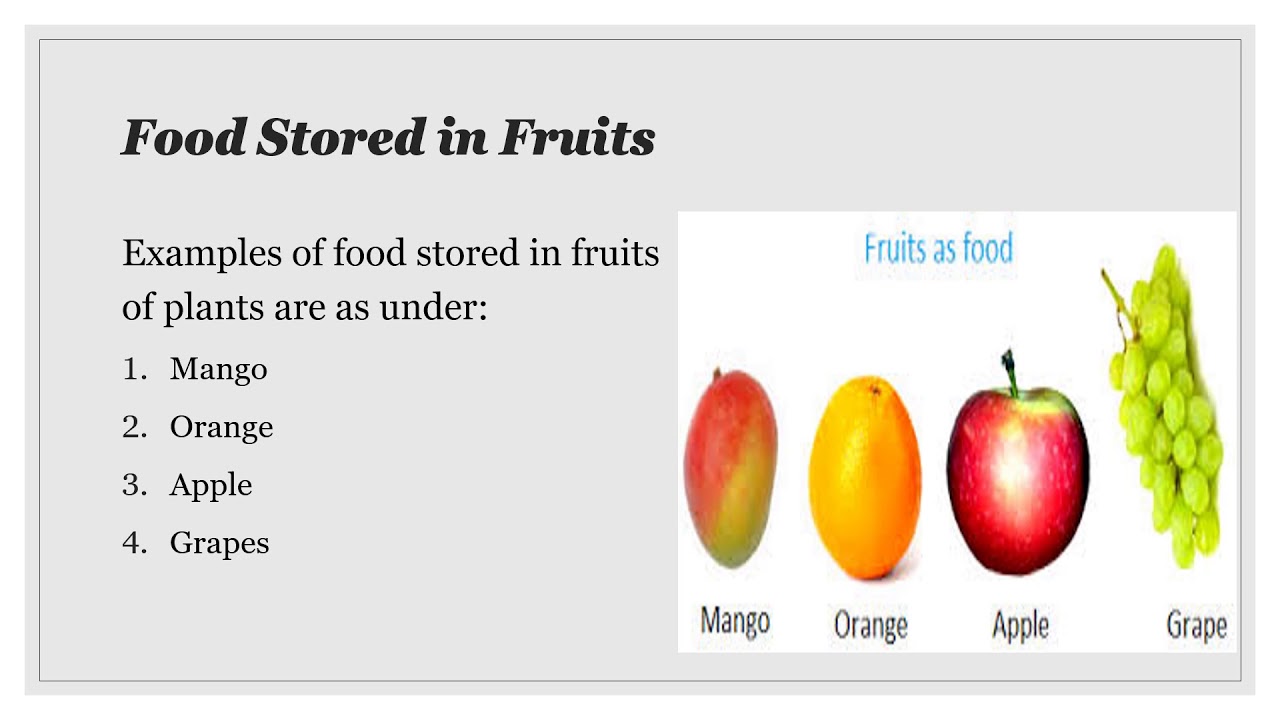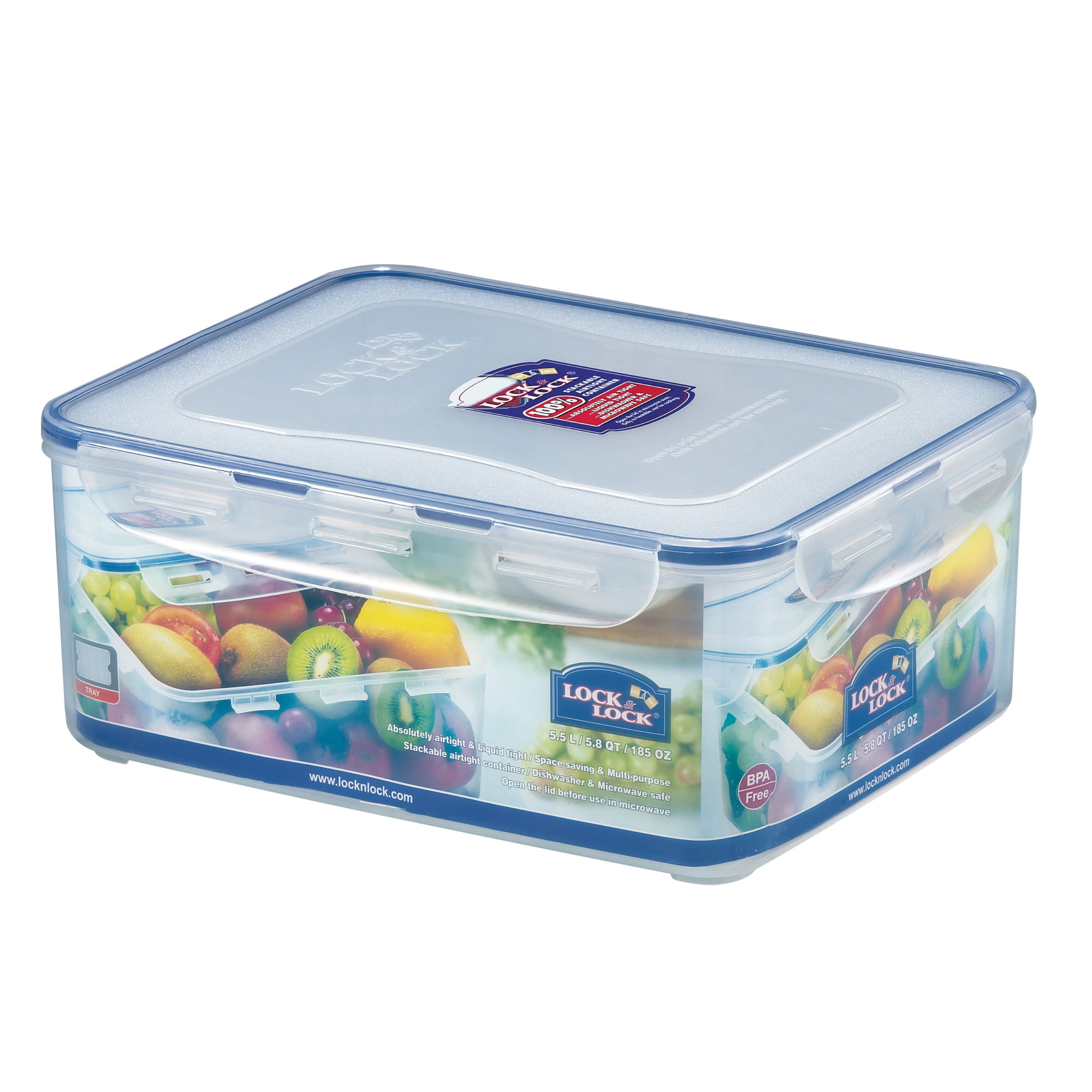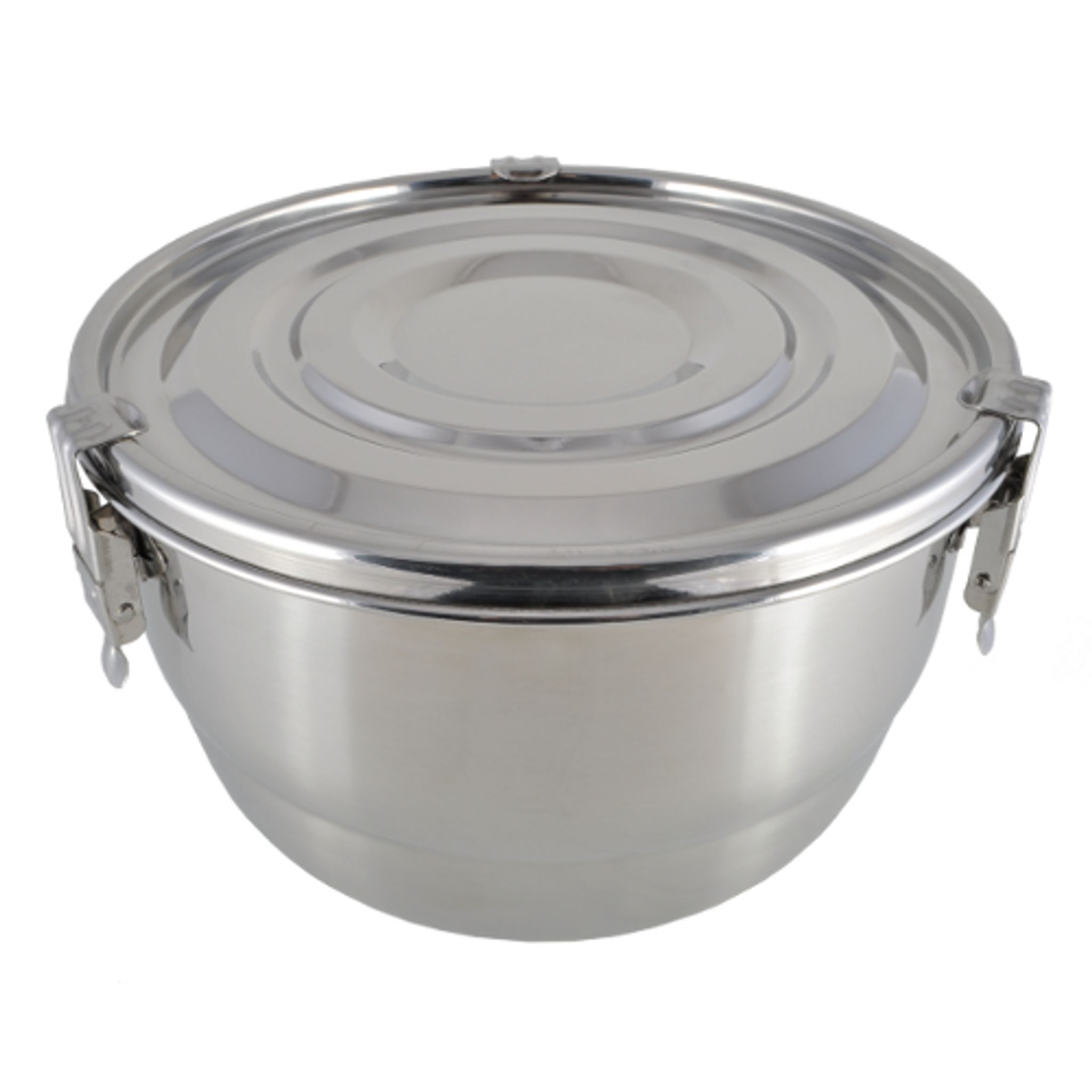Food storage refers to the methods used to preserve food for a longer period of time. This includes techniques such as refrigeration, freezing, canning, drying, pickling, and fermentation. Food storage helps to maintain the nutritional value, flavor, and safety of food, allowing individuals and communities to have access to a variety of food items throughout the year. It is an essential aspect of food security, particularly in areas where access to fresh produce may be limited or interrupted.
Types of Food Storage:
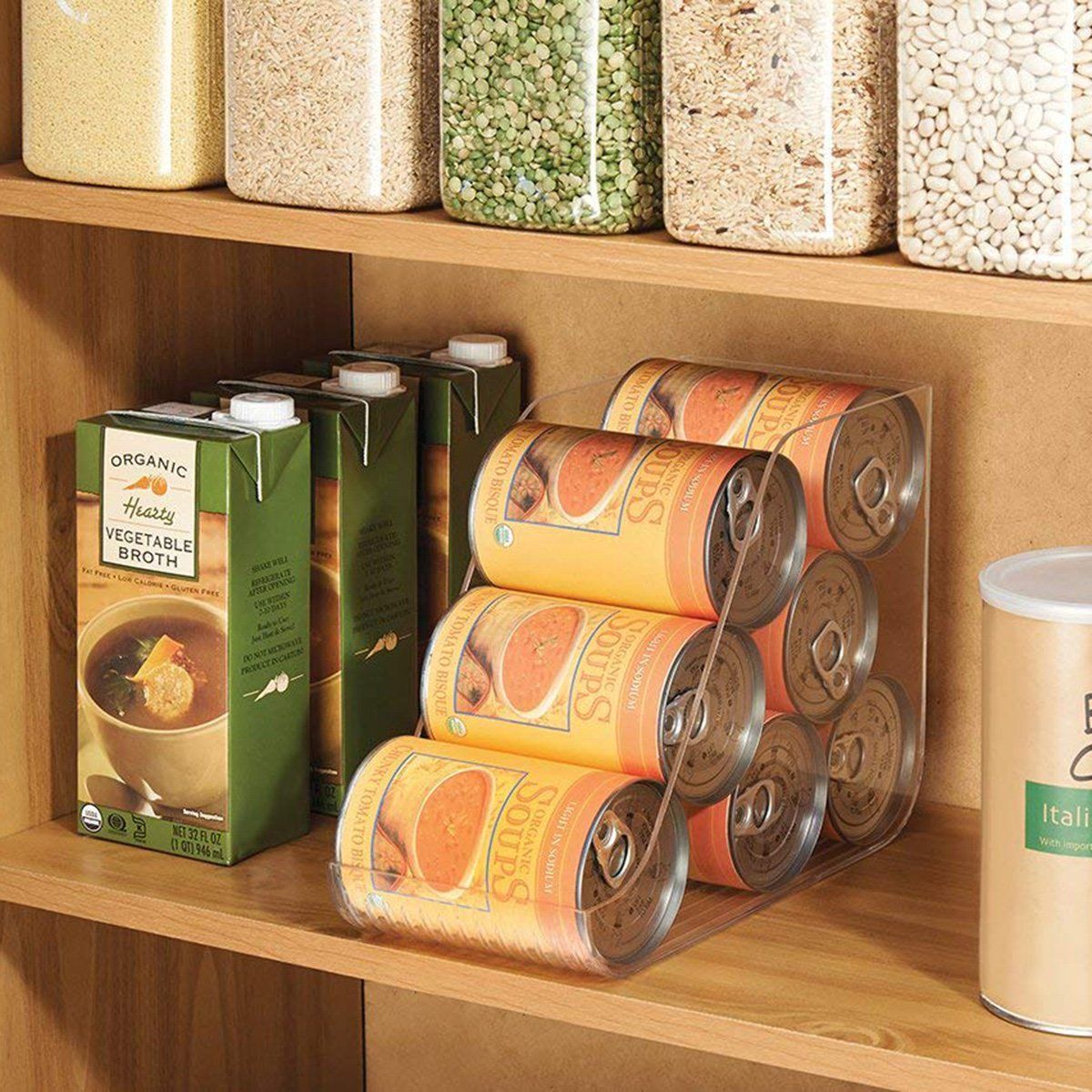
Refrigeration and Freezing: Refrigeration slows down the growth of microorganisms, extending the shelf life of perishable foods. Freezing preserves food for even longer periods by slowing down enzymatic activity and microbial growth.
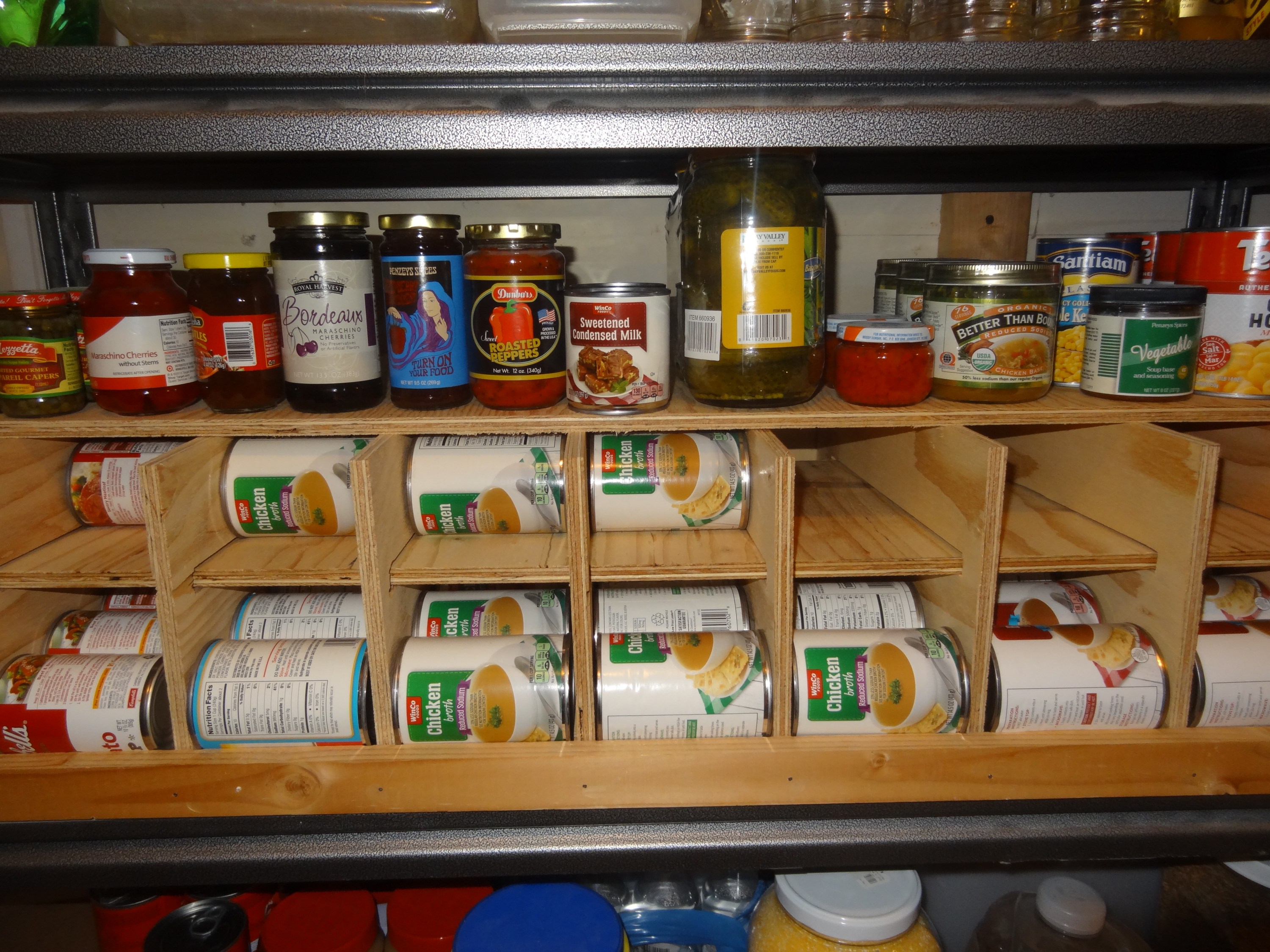
Canning: Canning involves heating food to a high temperature and sealing it in airtight containers to kill bacteria and prevent spoilage. This method is commonly used for fruits, vegetables, meats, and fish.
Drying: Drying removes moisture from food, inhibiting the growth of microorganisms and enzymatic reactions. Sun-drying, oven-drying, and freeze-drying are common methods of food dehydration.
Pickling: Pickling preserves food by immersing it in a solution of vinegar, salt, and spices. The acidic environment created by the vinegar inhibits bacterial growth and extends the shelf life of food.
Fermentation: Fermentation involves the controlled growth of beneficial microorganisms, such as bacteria or yeast, to convert food into new products. Examples include yogurt, cheese, sauerkraut, and kimchi.
Benefits of Food Storage:
Preservation: Food storage extends the shelf life of food, reducing spoilage and waste. This allows individuals and communities to have access to a variety of food items throughout the year.
Nutrition: Proper food storage helps to maintain the nutritional value of food. By preserving nutrients, food storage ensures that individuals have access to a healthy and balanced diet.
Food Security: Food storage is a crucial part of food security, particularly in areas where access to fresh produce may be limited or interrupted due to natural disasters, economic instability, or political unrest.
Emergency Preparedness: Food storage is an essential aspect of emergency preparedness, allowing individuals and communities to have a supply of food in case of unforeseen events such as power outages, natural disasters, or pandemics.
Financial Savings: Food storage can help individuals and families save money by purchasing food in bulk when it is on sale and storing it for future use. This can be especially beneficial for items with seasonal price fluctuations.
Conclusion:
Food storage plays a vital role in ensuring food security, preserving the nutritional value of food, and providing a reliable supply of food in times of need. By employing various food storage techniques, individuals and communities can access a variety of healthy and nutritious food items throughout the year. Food storage is a skill that empowers individuals to take control of their food supply, promotes a sustainable food system, and contributes to overall health and well-being.







